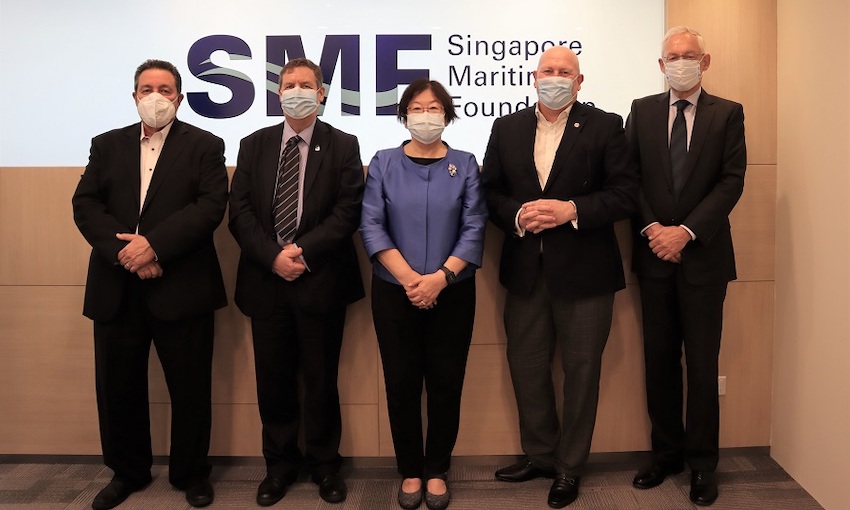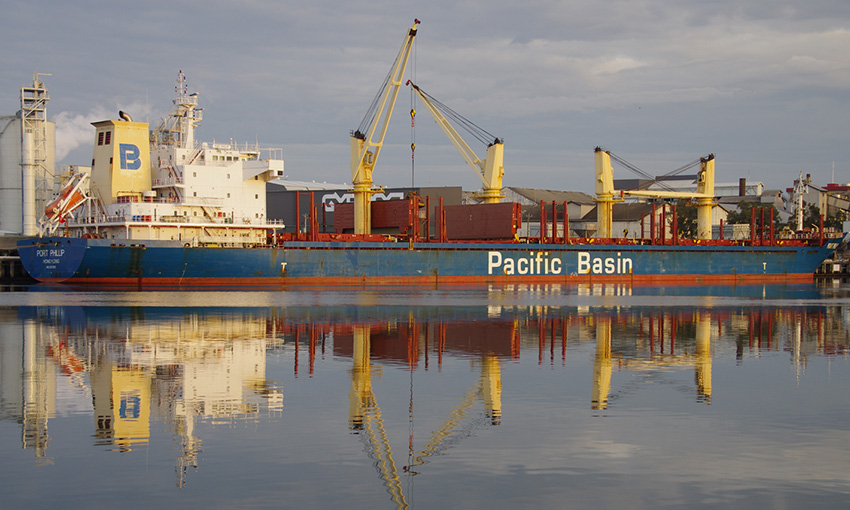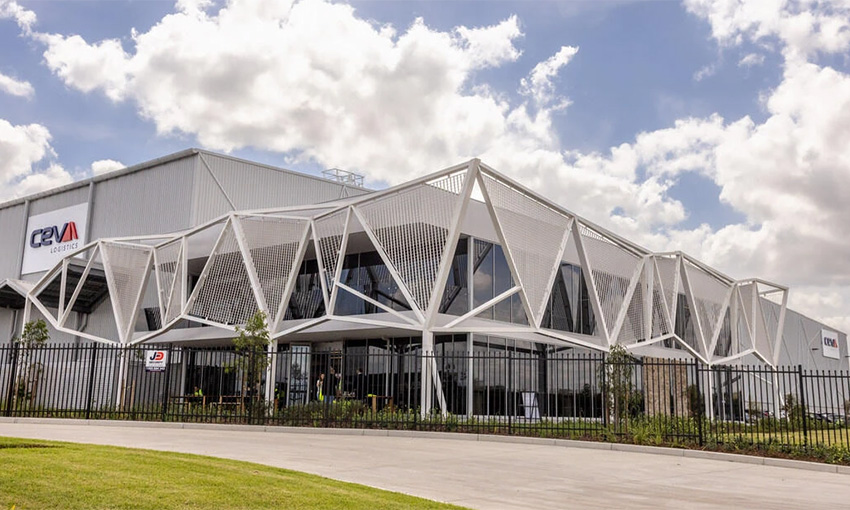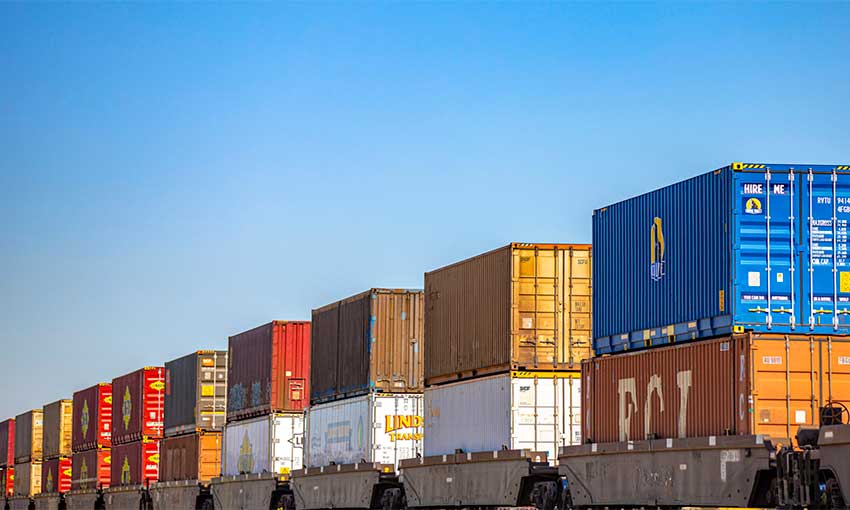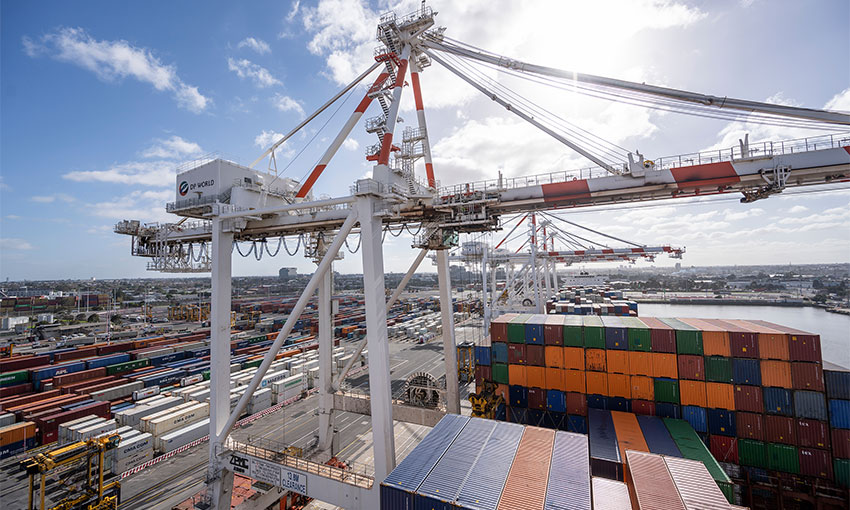THE Maritime Just Transition Task Force has expanded its network at Singapore Maritime Week this week, announcing several new project partners from across the shipping industry.
The Singapore Maritime Foundation has been announced the first public programme partner of the task force, contributing to current work and an upcoming project on skills in maritime.
Additional industry partners announced during Singapore Maritime Week include MSC, Ocean Network Express, Anglo-Eastern Ship Management, Ocean Technologies Group, and PTC.
Knowledge partners announced this week include the Maersk Mc-Kinney Møller Center for Zero Carbon Shipping, the Nigerian Chamber of Shipping, Ocean Conservancy, Carbon Trust, and the World Maritime University.
“It is fantastic to have new partners like the Singapore Maritime Foundation joining the task force as its critical work begins to gather steam,” ITF general secretary Stephen Cotton said.
“Singapore continues to be a key global maritime hub, and it is clear that they want to be part of helping drive this industry transformation.
“We can only decarbonise shipping if we have the buy-in of all those with an interest in the future of the shipping supply chain.”
The task force aims to support the global seafaring workforce through shipping’s sustainable transition, ensuring workers’ rights and developing economies’ access to zero-emission vessels and fuels remain at the centre of policy decisions.
It is an initiative of the International Chamber of Shipping, the International Transport Workers’ Federation, and the UN Global Compact, established during COP26 in November last year.
Founding members also include the International Maritime Organization and the International Labour Organization.
The Just Transition task force will launch a report at COP27 in November on the skills needed for a sustainable transition in shipping that is also just and equitable.
The report intends to quantify the number of seafarers that will need to be trained or upskilled to handle green fuels, and to inform subsequent policy development.
“[Seafarers] want to know what a just transition means in practical terms for their jobs, for health and safety,” Mr Cotton said.
“That’s why the top research priority of the taskforce is to calculate the number and kinds of jobs that will be needed for the fuels and ships of the future. Our members are looking forward to seeing the results later this year.”
ICS secretary general Guy Platten said the green transition is being powered by people, and the task force was set up to ensure seafarers receive the support they need.
“The first step is to quantify the skills needed for our workforce to be able to safely work on zero-emission vessels,” Mr Platten said.
“We will collaborate with industry and governments to ensure no seafarer is left behind, and that developing nations will have equal access to the same training and support.
“ICS is steadfast in its commitment to ensuring that developing economies are supported so we can make the green transition together.”
International Maritime Organization secretary general Kitack Lim said a just transition in the maritime sector means everyone involved should be equipped with the necessary skills.
“All of the workforce involved in shipping, but especially the people at the heart of it – the seafarers – need to be a part of this transition,” Mr Lim said.
“The outcome of the Just Transition Maritime Task Force is vital to the ongoing processes at IMO related to the future workforce.”
Mr Lim highlighted the task force’s role in upcoming discussions on a comprehensive review of the IMO’s International Convention for the Standards of Training, Certification, and Watchkeeping for Seafarers.
“I look forward to continued work in collaboration with the relevant stakeholders.”

